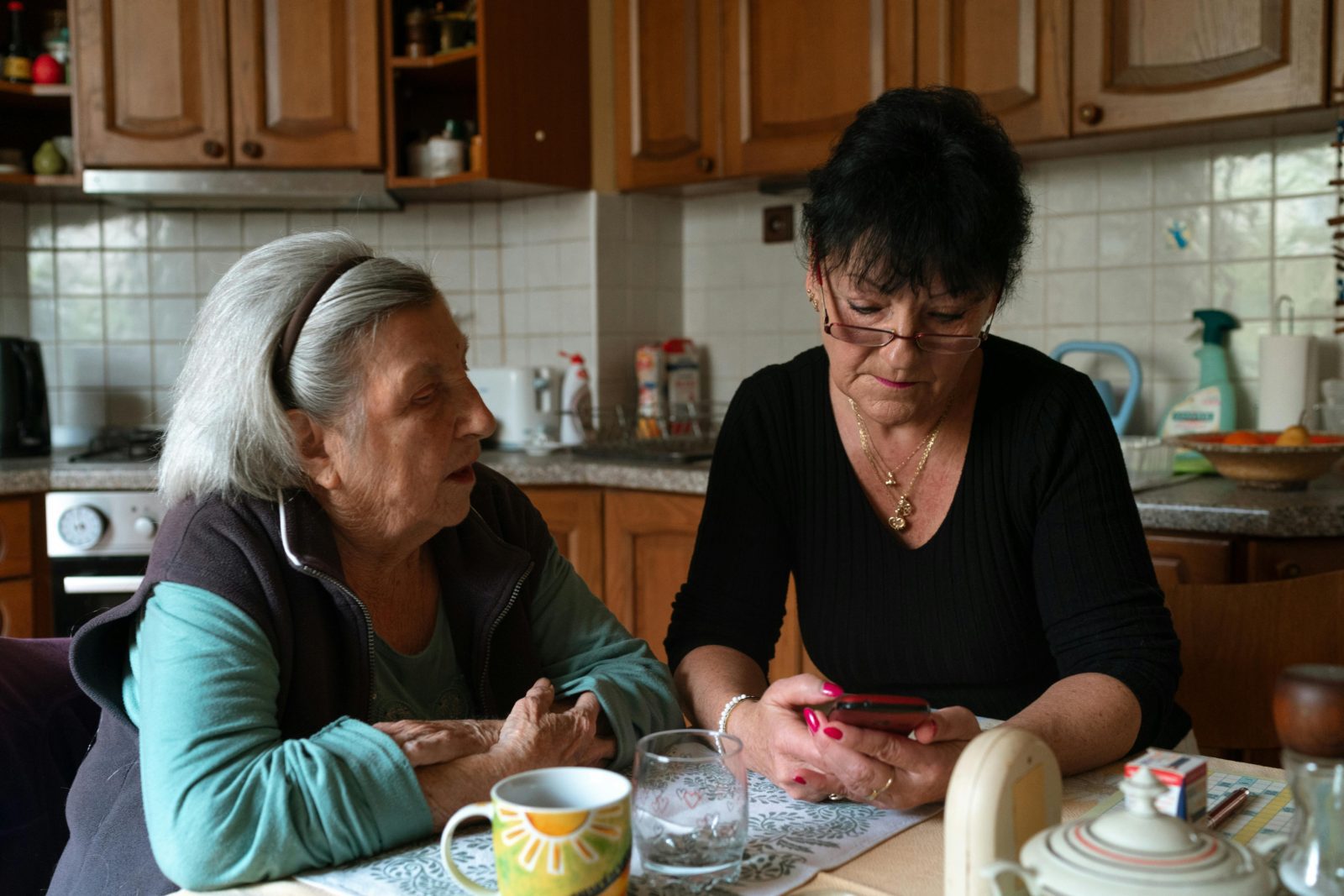The end of two years of price hikes and related stress for people and businesses, announced by Prime Minister Petr Fiala in February, has not materialized for many households. Experts warn that the inflationary wave of 2022 and 2023 is only now catching up with the socially vulnerable.
While inflation has slowed, it hasn’t stopped entirely. Economists predict that it will take years for Czechs’ living standards to return to their original levels, even with modest growth in real wages. The chairman of the Czech branch of the European Anti-Poverty Network, Karel Schwarz, points out that many have exhausted their financial reserves, particularly seniors, single parents, low-wage workers, the unemployed, and families with children.
The impact is visible in the rising costs of basic necessities. Electricity and water prices remain higher than a year ago, driving up rental costs as well. A study by the Platform for Social Housing and the University of Ostrava reveals a staggering 75% increase in households unable to pay for energy, reaching 1.35 million people in 690,000 households. Schwarz estimates that this number has more than doubled, with over 1.5 million people now experiencing “energy poverty”.
The situation is particularly dire for single-parent households. Economist Jakub Komárek from PAQ Research notes that while 41% of single parents used to end each month with no savings, that figure has now jumped to 64%. Government housing subsidies have doubled, with labour offices paying out 17.9 billion crowns last year.
Another alarming trend is the increase in loan defaults. The number of people repeatedly failing to repay loans has risen by nearly half to 16% in the past year, up from 11% a year earlier and less than 5% before the COVID-19 pandemic. From January to October, 11,437 personal bankruptcies were declared in the Czech Republic, a 6% increase from last year.
The government’s consolidation package has further impacted households’ purchasing power, increasing tax deductions by tens of thousands of crowns. Middle-income employees with young children have been hit hardest, particularly by the introduction of a new sickness insurance levy of 0.6% of their gross income.
Looking ahead, the Czech National Bank expects inflation to be around 2.5% this year, with real wages projected to rise by 3.8%. However, the bank predicts that real wage growth will slow in the coming years, suggesting a long road to recovery for Czech living standards.





